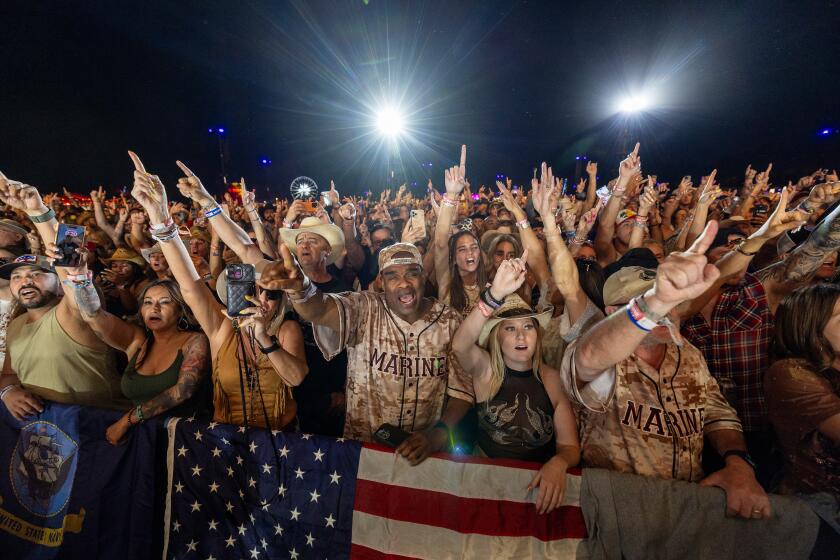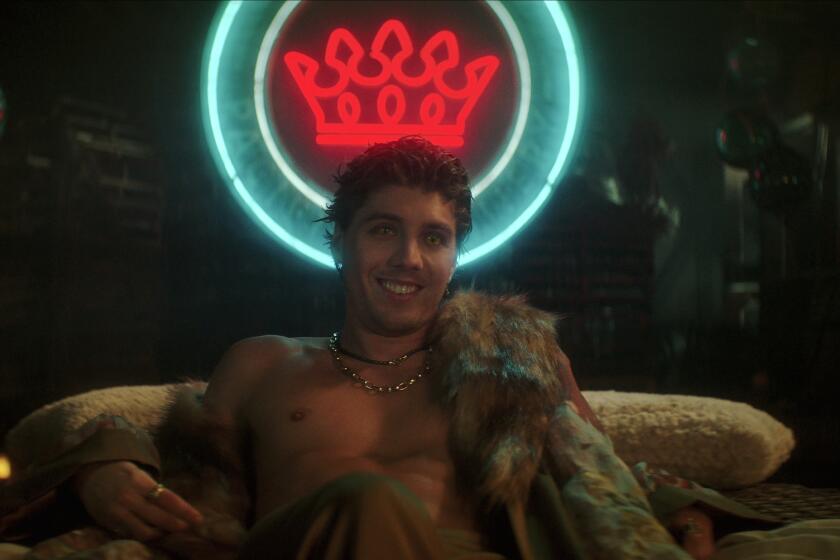The Object of This Game: Sink the Music Pirates
Hey, kids! Want to join the FBI and chase music pirates?
That would be the Funny Bureau of Investigations, and the chase would take place in the make-believe world of a computer game based loosely on Robert Louis Stevenson’s “Treasure Island.” But the underlying message is serious: Don’t bootleg music.
The game is being developed by Music Games International, a privately held company in Cambridge, Mass., that is run by three emigres from the former Soviet Union, Igor Tkachenko, Roman Yakub and Alexander “Sasha” Gimpelson. “The Music Pirates Game,” due out in the spring, will be the fourth interactive music title from the company.
Tkachenko, a concert pianist and composer, said MGI had set out to create a game about the yo-ho-ho kind of pirates. But when the trio started researching the topic of piracy, they were overwhelmed with information about music copyrights.
“It was a natural extension,” he said.
Their goal is to persuade the Recording Industry Assn. of America to distribute the game free to schools and students across the country.
“We believe it’s a great benefit to the RIAA,” Gimpelson said.
RIAA spokeswoman Amy Weiss said the group had not been approached by MGI, “but we welcome anyone’s participation in the battle against piracy.”
The RIAA has launched a few educational campaigns against illegal downloading. It is best known, however, for suing online file-sharing companies and the people who use them. Although the trade group has won several key court battles and collected several hundred thousand dollars from individual infringers, file-sharing networks continue to attract tens of millions of people around the globe, and CD sales continue to slide.
Unlike the RIAA, which has focused its educational efforts on college students, Tkachenko prefers to target young students who don’t expect music to be free.
And the best way to deliver an anti-piracy message isn’t to scare kids, he said, but to ridicule bootleggers.
So in MGI’s game, only the bootleggers’ ringleader is portrayed as evil. The rest of the pirates are “kids who love music, and they don’t know better,” he said.
P.J. McNealy, who tracks the video game industry for American Technology Research in San Francisco, said video games could be effective educational tools, “but we’ve seen more applications for multiplication and spelling than explaining copyright law.” MGI’s project is “a noble effort,” he said, but it won’t put a dent in piracy unless it’s integrated into a larger campaign.
Gimpelson is hopeful nonetheless. In the face of rampant illegal downloading, he said, the choice for the music industry is clear.
“Either you can teach them now or sue them later,” he said. “I don’t think there’s any other option.”
More to Read
The biggest entertainment stories
Get our big stories about Hollywood, film, television, music, arts, culture and more right in your inbox as soon as they publish.
You may occasionally receive promotional content from the Los Angeles Times.






